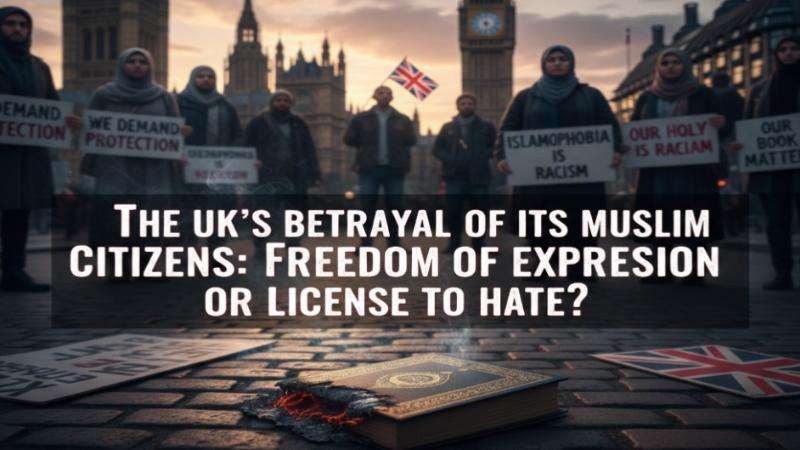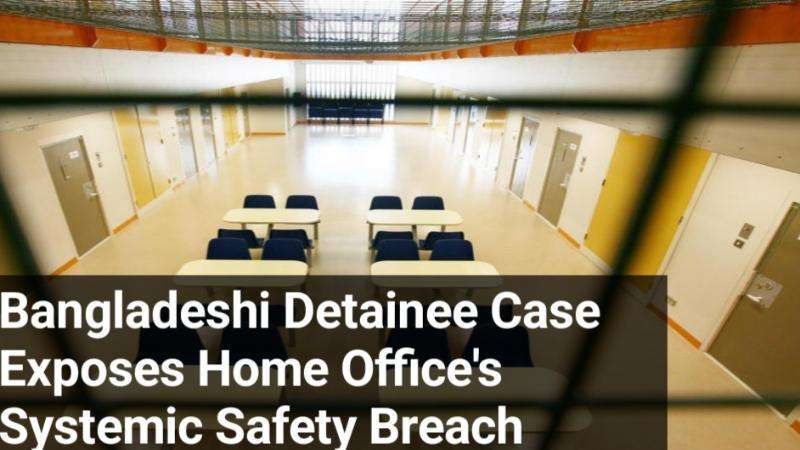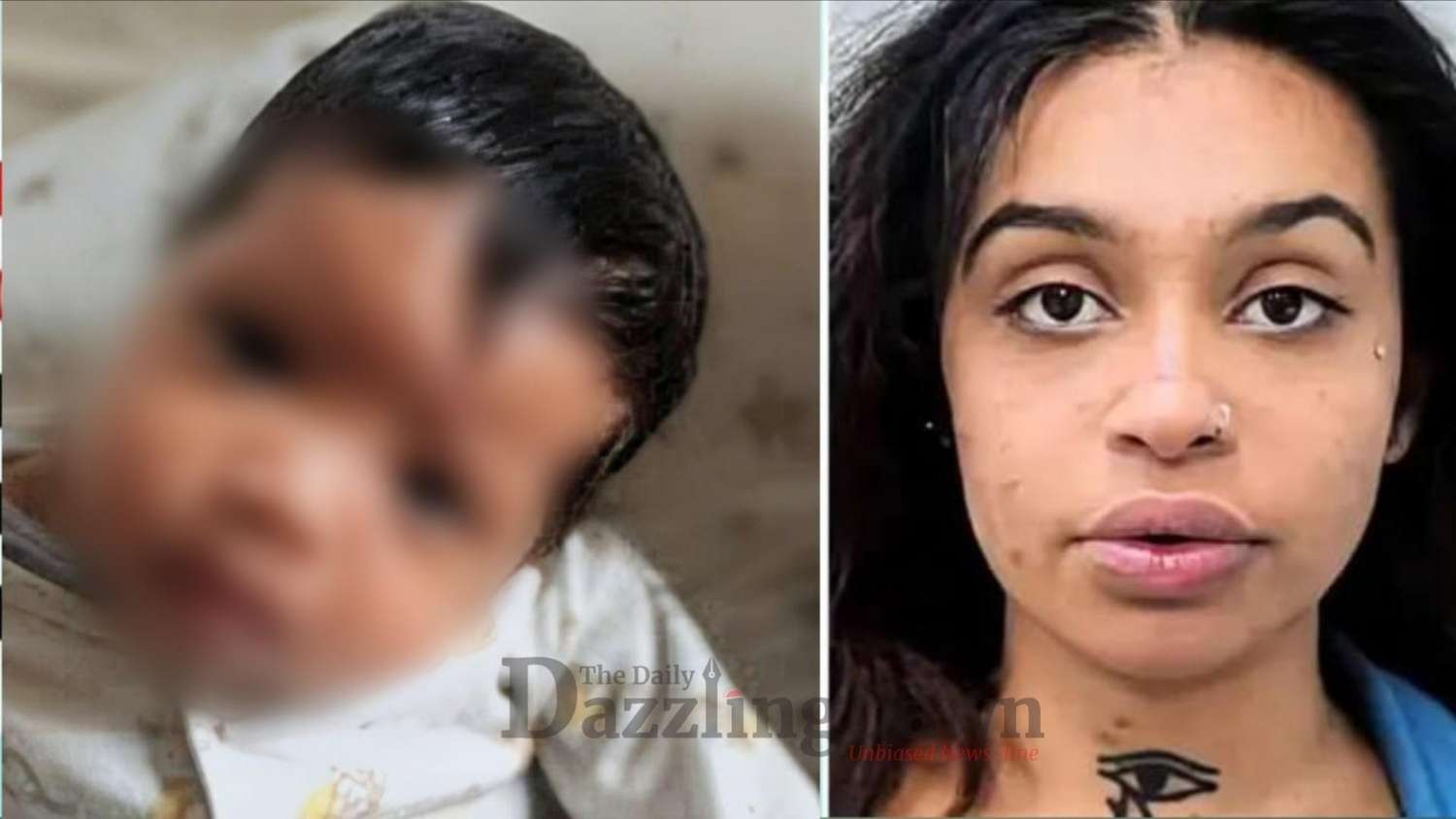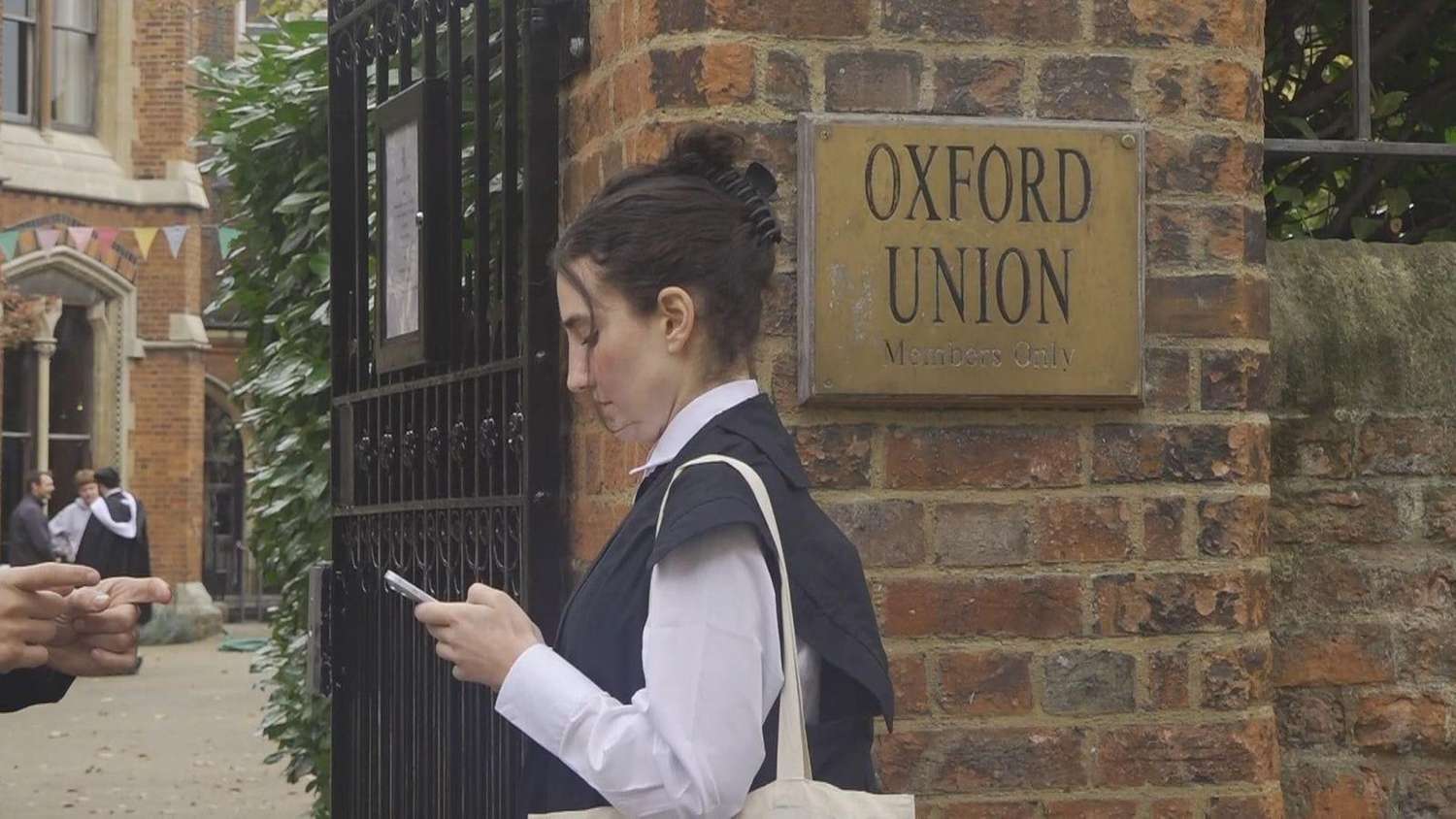The leadership crisis at the Oxford Union debating society has escalated into a full-blown constitutional row after President-elect George Abaraonye lost the no-confidence vote he had called against himself by a massive margin, only to reject the result entirely.
The vote was initiated after Abaraonye was accused of celebrating the fatal shooting of conservative US activist Charlie Kirk in September. In a tumultuous outcome announced late on Tuesday, October 21, 2025, the voting figures revealed a decisive majority against the incoming president:
- 1,228 members voted for the motion of no confidence (to remove him).
- 501 members voted against the motion (to keep him).
- A total of 1,746 votes were cast, with 17 spoilt or void.
The result far surpassed the required two-thirds majority necessary to remove Abaraonye from his position as President-elect for Hilary Term 2026.
The Source of the Controversy
The demand for Abaraonye's removal stemmed from social media posts he made following the politically-motivated assassination of Charlie Kirk, a prominent US political activist and CEO of the right-wing organisation Turning Point USA. Abaraonye, a second-year PPE student at University College, wrote in a WhatsApp chat: "Charlie Kirk got shot, let's f** go,"** and in a separate Instagram post: "Charlie Kirk got shot loool."
Abaraonye called the vote on himself in an unorthodox move, stating it was an attempt at "true accountability" and a chance for the 200-year-old Union to reaffirm its founding principles against a campaign of "harassment, censorship, and abuse." The Union itself previously condemned his original remarks but also unequivocally condemned the subsequent racial abuse, death threats, and classist harassment that Abaraonye faced.
Abaraonye Contests the Outcome
Despite the landslide loss, Abaraonye's campaign immediately contested the result, insisting he "is and remains the President-Elect" under Union rules. A statement released on his behalf alleges the poll was "compromised from the moment [current President] Moosa Harraj and his majority on the Standing Committee brought compromised and untested Poll Regulations."
The allegations centre on severe procedural breaches during the chaotic count:
- "Compromised" Proxy Votes: The Abaraonye campaign claims the vote was invalidated due to procedural failures, including the extraordinary returning officer allegedly sharing the email account used to collect proxy votes, opening the process to potential tampering.
- Obstruction and Intimidation: The vote count was informally suspended on Monday after the Extraordinary Returning Officer, Donovan Lock, issued a notice alleging he had been subjected to "obstruction, intimidation, and unwarranted hostility" by a number of representatives, creating an "impossible working atmosphere." Abaraonye's side has "equivocally denied" any intimidating behaviour, instead citing Lock's own admission that "No result is possible" due to unresolved procedural concerns.
- Formal Complaint Filed: The no campaign referred the matter to the Union's disciplinary committee on Monday before the ballots were even fully counted. Abaraonye insists that under Union Rule 47(h)(v), the reported result is suspended until that committee, and any subsequent appeals committee, has resolved the complaint.
The Immediate Aftermath and Next Steps
The crisis has now taken a dramatic political turn:
- Revenge Motion: Abaraonye and his supporters have already gathered the requisite 150 signatures to trigger a retaliatory motion of no confidence against the current Union President, Moosa Harraj, scheduled for a vote this Thursday. This move is reportedly in response to Harraj's decision to allow alumni to vote in Abaraonye's confidence poll.
- Disciplinary Action: The Union's Disciplinary Proceedings concerning Abaraonye’s original comments remain separate and ongoing.
- Succession Uncertainty: If the no-confidence result is upheld, the question of who will fill the President-elect role for Hilary Term 2026 is currently unclear, though it would likely fall to the current term's officers or the runner-up in the original election, Rosalie Chapman.
Impact on UK Politics and Institutions
While the Oxford Union is an independent debating society—not officially part of the University—its presidency is a historical launchpad for many of the UK's political elite, including four former Prime Ministers. The current saga highlights several critical issues within the broader UK political discourse:
- Free Speech on Campus: The incident fuels the intense national debate over the boundaries of free expression at universities. Abaraonye's rhetoric, described by some critics as "psychopathic," has tested the limits of the Union's historical commitment to allowing provocative and even offensive dialogue.
- Accountability and Public Life: The overwhelming vote to remove him, despite his procedural challenge, signals a strong appetite for accountability among students who reject celebrating political violence, regardless of its context.
- Institutional Stability: The internal chaos—including allegations of financial troubles for the Union (facing a projected £400,000 loss and millions in building maintenance) and the unprecedented internal motions of no confidence—shows the institution's political environment is at its most volatile in years, potentially damaging its reputation as a serious training ground for future leaders.
The Union is now embroiled in an internal constitutional battle that will determine its leadership and test the integrity of its electoral processes, while simultaneously being judged in the wider public sphere on its handling of a global controversy.
You can watch an Oxford Union debate on the motion, "This House Has No Confidence in His Majesty's Government," which showcases the type of political discourse the society is known for Students express no confidence in Labour government at Union debate.








.svg)


